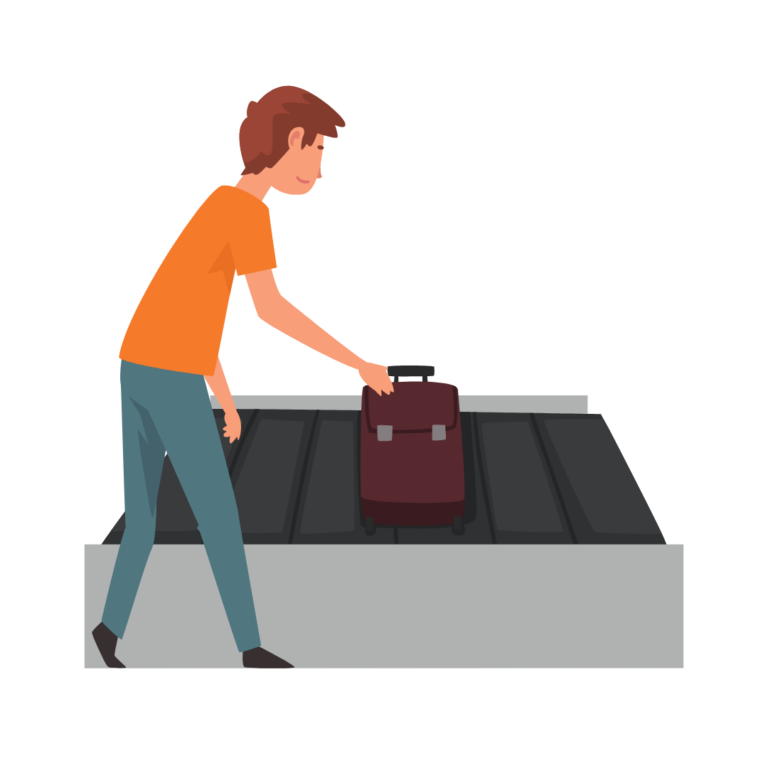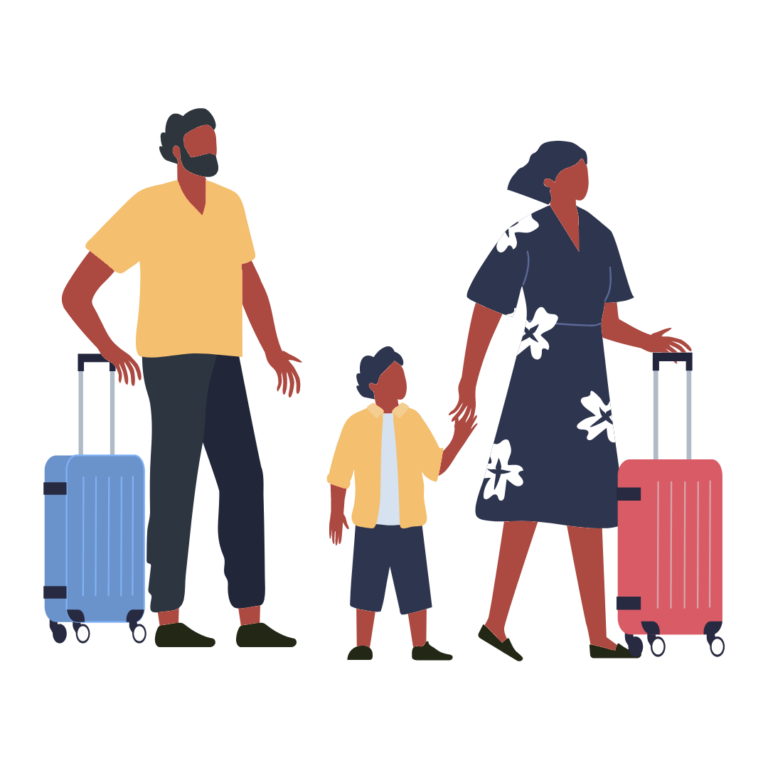Air passenger rights and compensation
Air travel can be a comfortable way to get from one place to another, but it’s not without its share of inconveniences. Flight delays, cancellations, oversold flights and tarmac delays are common issues that passengers may face. However, the Department of Transportation (DOT) has established a set of rules and guidelines to protect the rights of airline passengers in the United States. In this article we look at the current rules in the United States, and possible future changes.

Flight cancellations and significant delays
If your flight is canceled or significantly delayed, or if there’s a substantial change in your flight schedule, you are entitled to a cash refund if you choose not to fly. This applies to disruptions caused by factors such as weather conditions and maintenance issues.
- You will receive a refund only for the unused portion of your trip.
- If you accept the airline’s rebooking offer, you won’t be eligible for a refund.
- The DOT does not provide a strict definition for what constitutes a significant delay or schedule change. Decisions are made on a case-by-case basis.
Refund simplified
The U.S. Department of Transportation (DOT), has issued a new rule in april 2024 requiring airlines to provide automatic cash refunds to passengers under certain circumstances. This rule simplifies the process for passengers to get refunds when flights are canceled or significantly altered, when there are considerable delays in checked baggage, or when paid-for services such as Wi-Fi or seat selection are not provided.
Under the new rule, a flight change is considered significant if there is:
- a change of more than three hours for domestic flights and six hours for international flights;
- a change in departure or arrival airports;
- an increase in the number of connections;
- or if a passenger’s service class is downgraded.
Additionally, if baggage is delayed for more than 12 hours after a domestic flight or 15-30 hours after an international flight, passengers can receive a refund for checked baggage fees.
The rule mandates that refunds be issued automatically and promptly—within seven business days for credit card purchases and 20 days for other payment methods. Refunds must be given in the original form of payment, whether cash, credit card, or airline miles, and cannot be replaced with vouchers or credits unless the passenger agrees.
The rule also stipulates that airlines must inform passengers of their rights to refunds when flights are canceled or significantly changed.
Compensation during delays
Federal regulations do not require airlines to compensate passengers for flight delays. However, most major U.S. airlines offer some assistance when delays cause a wait of three hours or longer. This assistance may include meals, meal cash, or vouchers.
In cases where delays lead to an unexpected overnight stay, most major carriers guarantee hotel accommodations and necessary ground transportation to and from the hotel. Frontier Airlines is the exception and does not guarantee these services.
These guarantees generally apply to controllable delays, such as those caused by aircraft maintenance or staffing issues. They do not apply to delays caused by factors like bad weather or air traffic control problems.
Compensation for cancellations
Similar to delays, airlines are not obligated to compensate passengers for canceled flights. However, most major U.S. carriers do provide certain guarantees for cancellations that are deemed their responsibility, excluding weather-related disruptions.
All 10 carriers evaluated by the DOT guarantee meals, meal cash, or vouchers when cancellations result in a wait of three hours or longer for a new flight. Additionally, every airline except Frontier, ensures complimentary hotel accommodations and ground transportation for cancellations leading to an unexpected overnight stay.
Tarmac delay rights
The DOT has established rules to prevent passengers from being stranded on a plane for extended periods during tarmac delays. Airlines must provide food and drinking water after passengers have been sitting on the plane on the ground for two hours or more. Passengers must be allowed to deplane when the delay reaches the three-hour mark for domestic flights and four hours for international flights.
Airlines that fail to comply with these rules can face substantial fines from the DOT. These regulations were put in place to prevent passengers from sitting indefinitely on the tarmac, unable to disembark from the plane.
Denied Boarding compensation
As an air passenger, you have certain rights in the event you are denied boarding due to an oversold flight. If you are denied boarding on a flight departing from the United States, the airline is obligated to compensate you according to the regulations outlined in 14 CFR 250.
The amount of compensation you are entitled to depends on the distance of your flight and the extent of the delay caused by the denial of boarding.
Domestic Flights
-
For delays of 1 to 2 hours, you will receive 200% of the one-way fare to your next stopover, up to a maximum of $775.
-
For delays exceeding 2 hours, you will receive 400% of the one-way fare to your next stopover, up to a maximum of $1,550.
International Flights
-
For delays of 1 to 4 hours, you will receive 200% of the one-way fare to your next stopover, up to a maximum of $775.
-
For delays exceeding 4 hours, you will receive 400% of the one-way fare to your next stopover, up to a maximum of $1,550.
Denied boarding compensation must be paid to you immediately, at the airport where the incident occurred. If you voluntarily give up your seat, you are not entitled to the standard denied boarding compensation. Compensation is not applicable in cases where boarding denial stems from operational or safety reasons.
Passenger rights for EU flights
The regulations in the United States differ from those in Europe. For example, if a flight from Europe is delayed for more than 3 hours, passengers are eligible for compensation in fixed amounts, which may exceed the price of the ticket. This also applies to canceled flights, where passengers are eligible for both a refund and compensation of more than €600 (~$650).
Do European regulations apply to US citizens?
European regulations on air passenger rights apply to all passengers on flights departing from or arriving in an EU member state, regardless of their nationality. This means that US citizens are entitled to the same protections under European law as EU citizens when flying on flights within the EU or between the EU and the United States.
However, these rules do not apply when flying from the US to a European destination with a US airline.


Compensation rights for air passenger similar to Europe
In May 2023, the US Department of Transportation (DOT) announced plans to propose rules requiring airlines to compensate passengers for controllable cancellations and delays. As part of the proposed rulemaking, the DOT also aims to provide more clarity on the types of delays or cancellations that would make a passenger eligible for compensation.